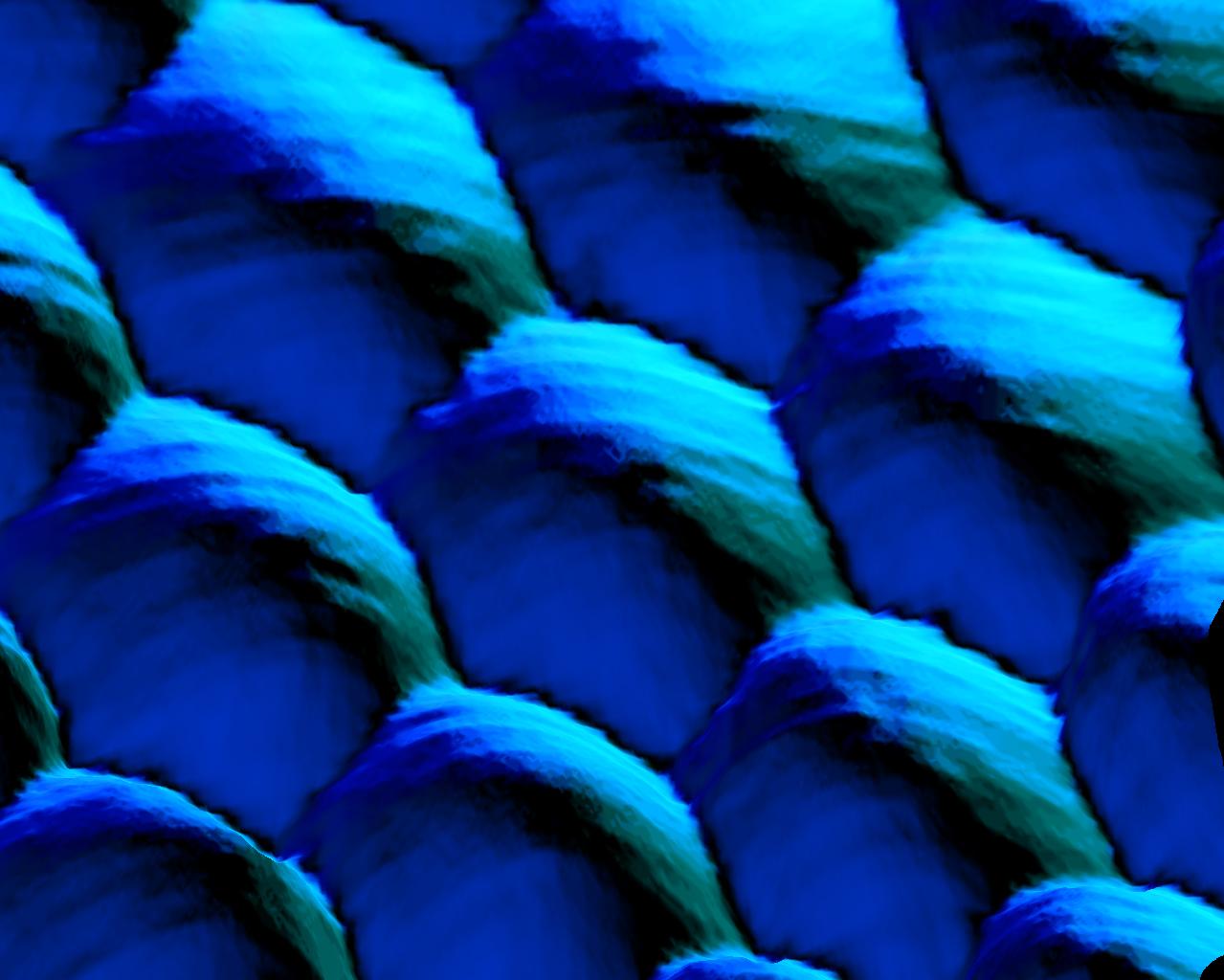DESCRIPTION
Platinum atoms are arranged in closely packed hexagonal layers. A top view of this hexagonal structure is shown in this scanning tunneling microscope image. Platinum has applications in automotive engineering, chemical processing, jewelry, electronics, and wires and electrical contacts for use in corrosive or high-voltage environments. Platinum is also a component in magnetic coatings for high-density hard disc drives and new varieties of optical storage systems. • SIZE: The size of a platinum atom is around 0.3 nm. • IMAGING TOOL: Scanning tunneling microscope
DESCRIPTION
Platinum atoms are arranged in closely packed hexagonal layers. A top view of this hexagonal structure is shown in this scanning tunneling microscope image. Platinum has applications in automotive engineering, chemical processing, jewelry, electronics, and wires and electrical contacts for use in corrosive or high-voltage environments. Platinum is also a component in magnetic coatings for high-density hard disc drives and new varieties of optical storage systems. • SIZE: The size of a platinum atom is around 0.3 nm. • IMAGING TOOL: Scanning tunneling microscope
OBJECTIVES
NANO CONTENT MAP
Nanometer-sized things are very small, and often behave differently than larger things do.
Nanoscience, nanotechnology, and nanoengineering lead to new knowledge and innovations that weren't possible before.
DOWNLOAD FILES
Credits
Don Eigler, IBM Almaden Research Center - Attribution is required. The creator listed here has made this image available to NISE Network partners for non-profit educational use only. Uses may include but are not limited to reproduction and distribution of copies, creation of derivative works, and combination with other assets to create exhibitions, programs, publications, research, and websites.
The creator listed above has made this image available to NISE Network partners for non-profit educational use only. Uses may include but are not limited to reproduction and distribution of copies, creation of derivative works, and combination with other assets to create exhibitions, programs, publications, research, and websites.

